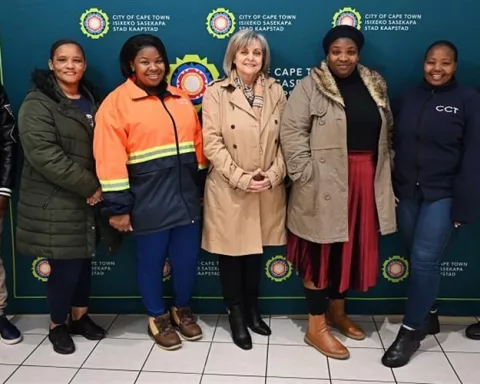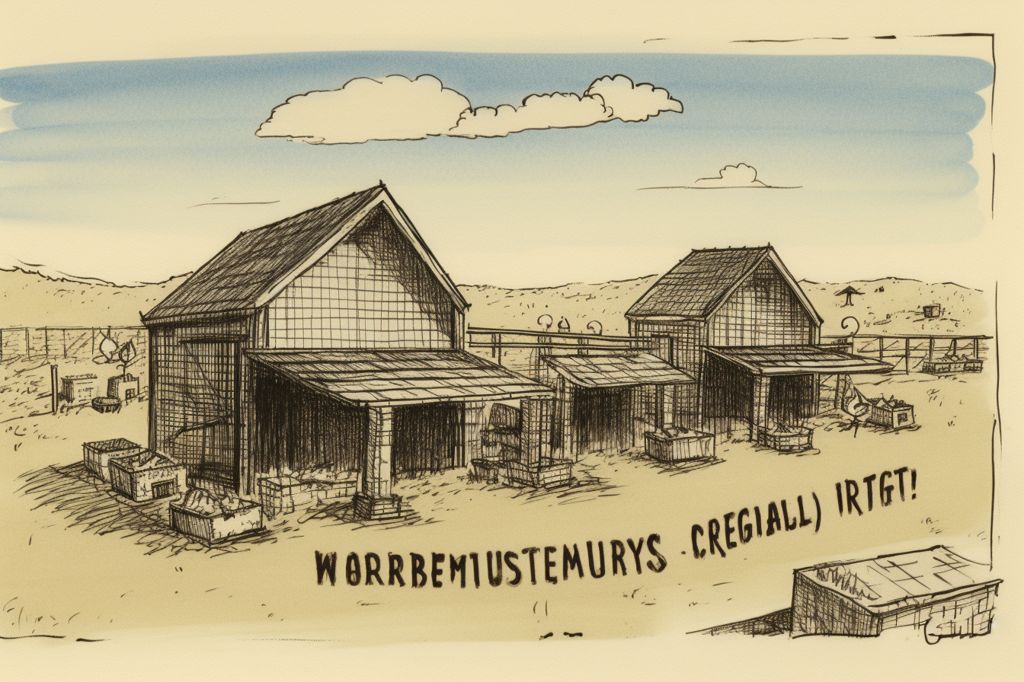Supported Employment Enterprises (SEE) is committed to empowering individuals with disabilities by hosting a workshop that aims to discuss strategies for helping them transition into the labor market. The event, which is part of an ongoing series, will take place in Rustenburg, North West Province and is a collaboration with the Education for Employability (E4E) program.
Equipping Young Individuals with Skills for Meaningful Employment
The E4E program, which receives support from the European Union (EU), is designed to equip young individuals with the skills necessary to secure or create meaningful and decent employment when they enter the labor market. The program is jointly implemented by three departments: the Department of Basic Education, the Department of Higher Education and Training, and the Department of Employment and Labour.
Bringing Diverse Speakers Together
The workshop will bring together a diverse group of speakers, including Sam Morotoba, Deputy Director-General of the Public Employment Services (PES) branch, Sibusiso Phakathi, SEE Chief Executive, a representative from the E4E program, and officials from the Department of Basic Education and Higher Education. Participants will also include officials from special schools and the Compensation Fund.
Focusing on Inclusive Labor Market
SEE, which is an entity of the Department of Employment and Labour, is focused on creating job opportunities for individuals with disabilities. The ongoing workshop series highlights the need for an inclusive labor market that accommodates individuals with disabilities, with the goal of enabling them to enter the workforce and contribute to the economy.
Addressing Challenges and Providing Resources
The workshop will address challenges faced by individuals with disabilities, such as the need for accessible work environments and promoting disability-friendly policies in the workplace. By providing essential skills and resources, the E4E program and SEE aim to create a more diverse and equitable job market, which will benefit both individuals with disabilities and the economy as a whole.
Collaborative Effort for Empowerment
Through this collaborative effort between SEE, the E4E program, and various government departments, it is hoped that people with disabilities will be better equipped to transition into the labor market and find meaningful employment that can help them lead fulfilling and independent lives. The workshop, open to media coverage, is set to take place on May 17, 2023, at the ANEW Resort: Hunters Rest, from 08:00 to 15:00. This event promises to be an informative and engaging opportunity for all stakeholders to come together and discuss ways to empower people with disabilities and promote inclusive labor market transition.












